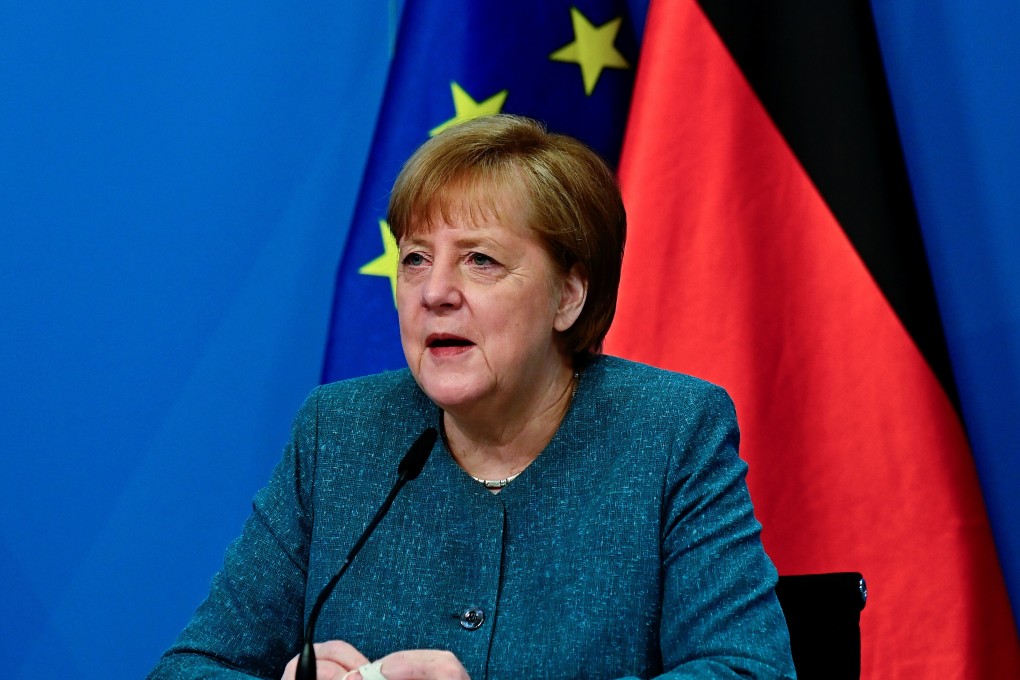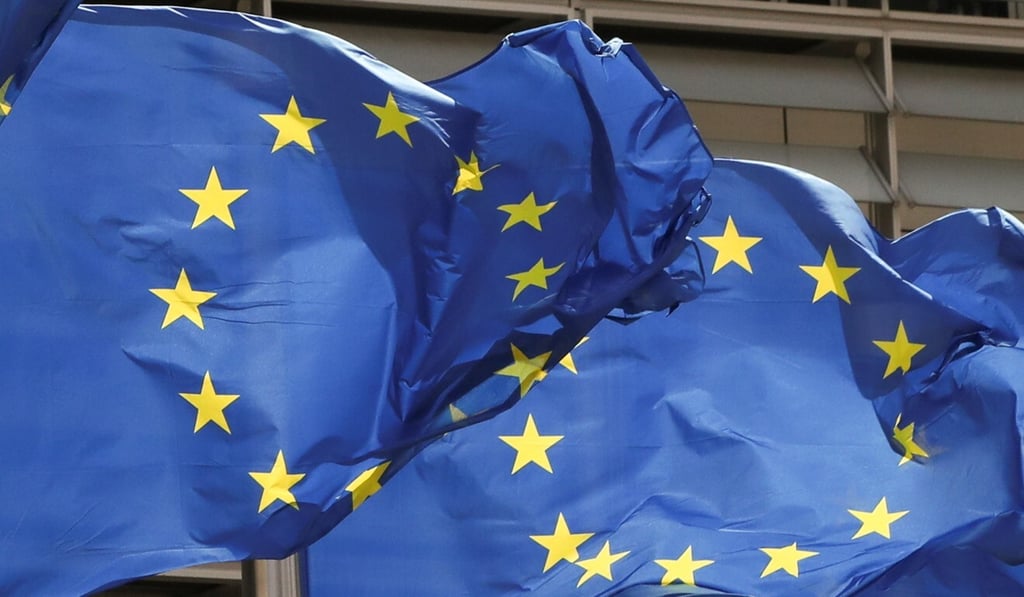China-EU investment deal on its last legs as MEPs unite in opposition
- Lawmakers in Brussels plan to introduce a motion this month that would effectively ban any debate on the CAI until Beijing removes its sanctions
- Given that parliament must ratify the Comprehensive Agreement on Investment for it to pass into law, the outlook for the deal appears gloomy

But the prognosis is not good: European lawmakers’ tails are up in opposition to a pact many were already opposed to before China unleashed biting retaliatory sanctions on elected officials in March.
In doing so, Beijing appears to have done something many thought was impossible: united the European Parliament on a single issue. The situation is now critical, experts say, the deal is haemorrhaging support.
Members of Parliament (MEPs) plan to introduce a motion this month to put the deal “on ice” – effectively banning debate on it – until Beijing removes its sanctions, something that Chinese analysts say is highly unlikely.
“The European Parliament links the lifting of anti-sanctions with the approval of the agreement, which is difficult for China to accept,” said Cui Hongjian, a Europe expert at the China Institute of International Studies.
